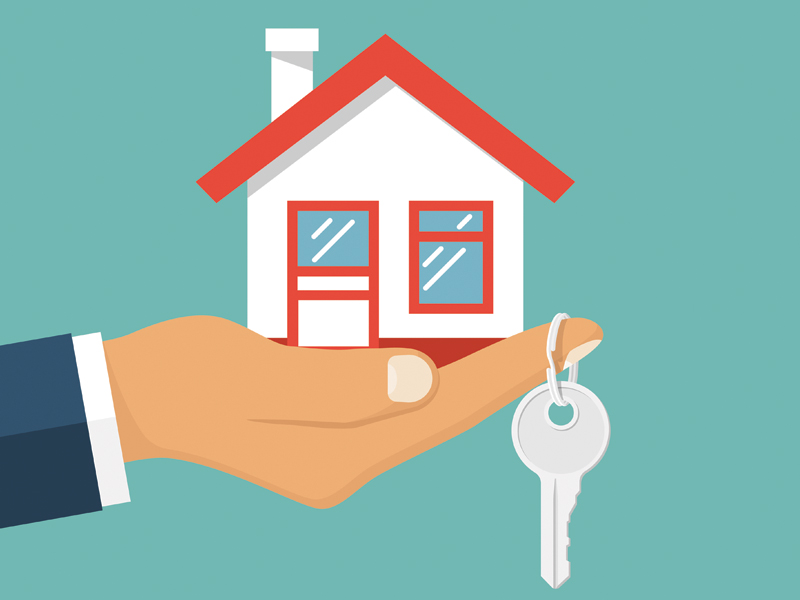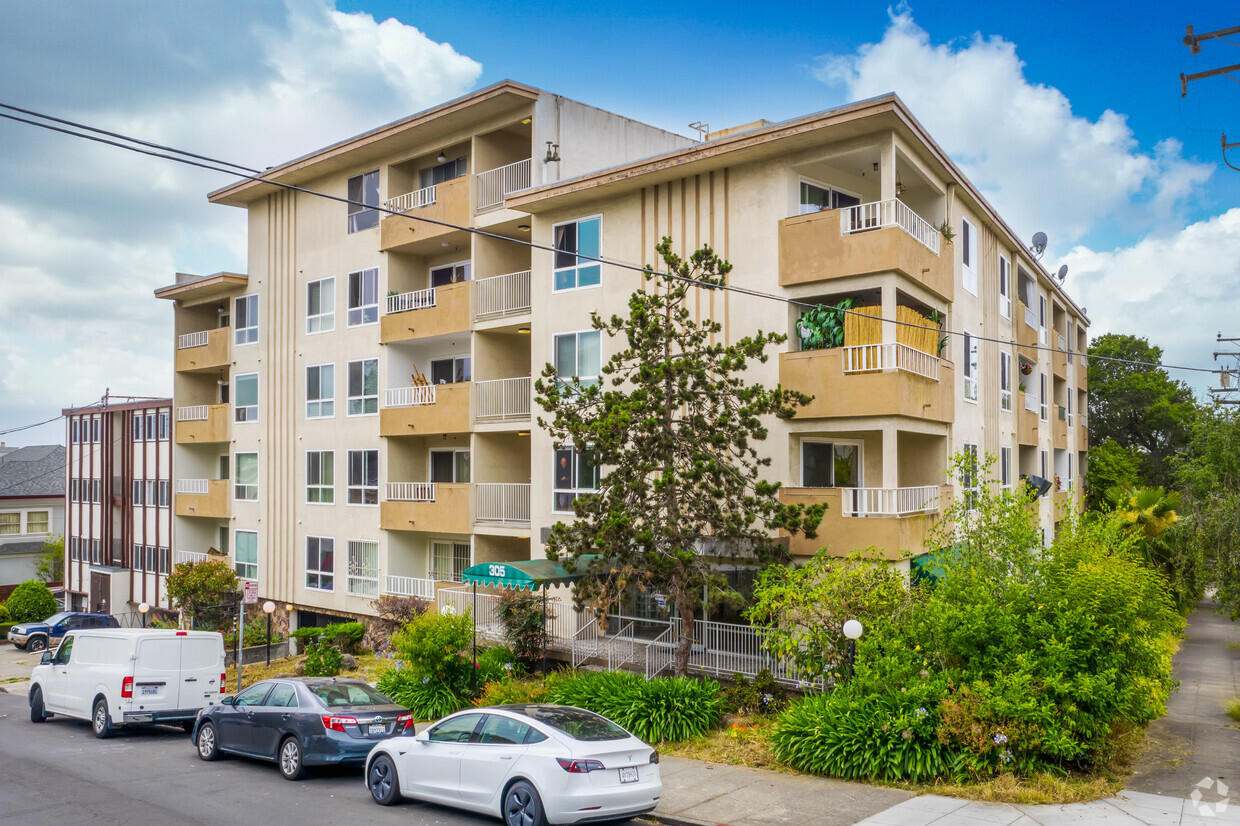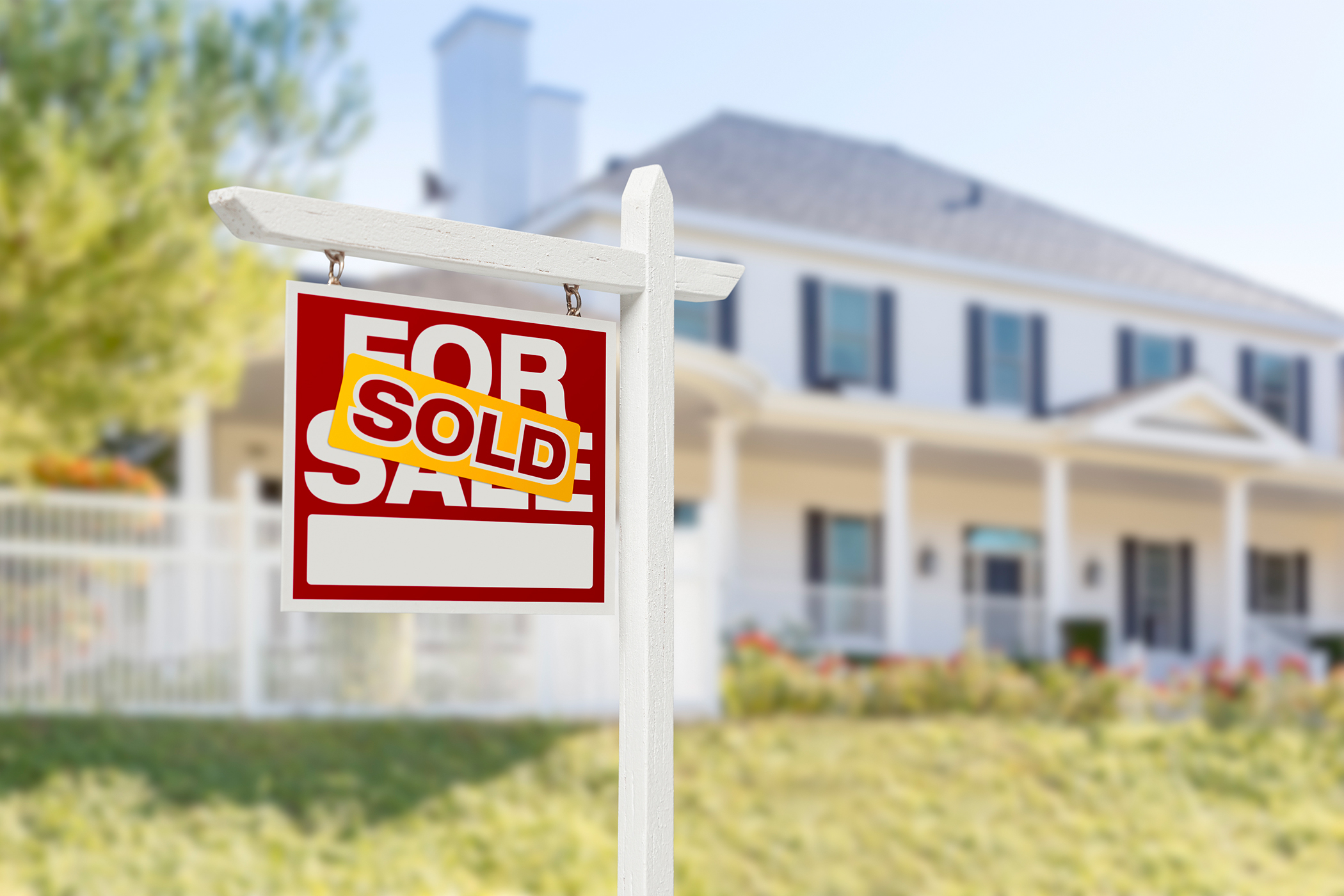20 Questions You Should Ask Before Renting a House
There are many pros and cons to renting a house, but what should you ask yourself before signing the lease? Below are some questions you should ask yourself. Also, keep in mind the costs of renting a house. Also, consider the legal aspects of renting a house. It’s important to find out what you’ll be responsible for if something goes wrong. Also, be sure to ask about the amenities provided in the house.
Pros
The biggest pro of renting a house is flexibility. Because you don’t own the house, you can move at any time. You also don’t have to make long-term commitments, and you don’t have to worry about repairs or maintenance. A landlord handles the major things, like roof repair or a leaky faucet. Renting a house is better for college students, for example, because you don’t have to worry about the house’s upkeep.
Another benefit to renting a home is flexibility. You can move anytime you like, and you don’t have to worry about the mortgage repayments. This is especially convenient for people who tend to move jobs frequently. Besides, renting a house allows you to get rid of it if you’re not satisfied with your current home. Furthermore, you can test your relationship with your partner before committing to a long-term relationship. You don’t have to worry about finding out about their unsavory habits during a tenancy.
Questions to ask before renting a house

When renting a house, you should consider a few key things, but the advertisement should not be the only factor that should be scrutinized. Some rental homes don’t offer enough information and you should ask specific questions about the house that address your concerns. Listed below are 20 questions that you should ask before signing a lease. Depending on the rental property, these questions may include the location of the property, the neighborhood, and amenities.
– What are the amenities of the house? Often, landlords will ask you several questions, such as how high are the ceilings? If the ceilings are high, they may not be comfortable for you, so they should be explained. In addition, you should inquire about the insulation in the walls, windows, and water pressure. If the water pressure is weak, it might mean you will have a lukewarm shower.
Legal aspects of renting a house
Before deciding to rent out your home, you should carefully consider the legal aspects of renting a house. You can increase your property’s value by renting out your property to tenants, but there are certain responsibilities you should take note of. These duties include informing your mortgage lender, checking the immigration status of prospective tenants, and providing a booklet with information on the “Right to Rent” process. The legal aspects of renting a house also vary from state to state.
Tenants have rights. By law, a landlord cannot enter a tenant’s home without a tenant’s consent, and you must give notice when you want to move or show the property. It is also legal to require tenants to pay a security deposit to cover any damage to the property. Some states have caps on how much a tenant must deposit. In most states, landlords must treat every tenant equally, but it’s important to note that a higher deposit is allowed if the tenant has a pet.
Cost of renting a house
One of the biggest differences between renting a house and owning a home is the cost of ownership. Rent is fixed, and you can always change it by giving the tenant enough notice. If the increase is too high, they can choose to move on to another house. Homeownership is not so fixed, though, since the mortgage rate and property tax can fluctuate. A home appraisal can help you determine the true cost of ownership.
Although you can buy a house for less than one-tenth of the price, you’ll have to pay for numerous closing costs and a down payment of five to 20 percent of the value of the home. These fees can add up quickly, so renting is often a better option for those with little or no cash to spend. Compared to purchasing a house, the initial cost of renting a house is much lower than buying one. Then, you’ll need to pay for the security deposit, which is typically a month’s rent.


